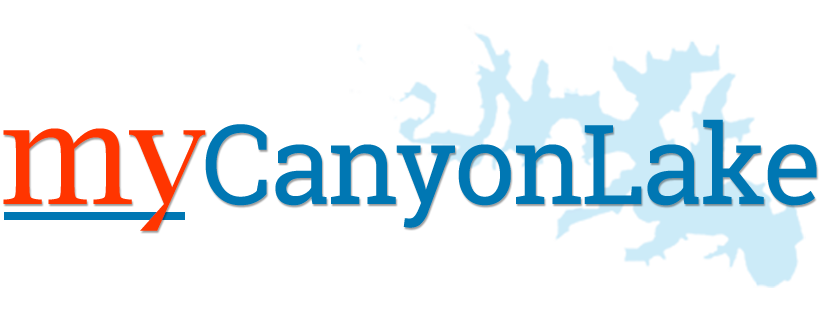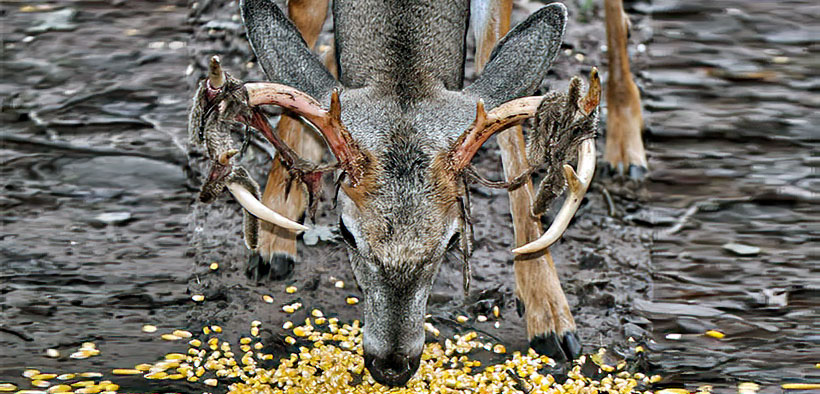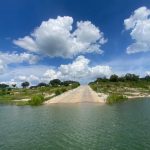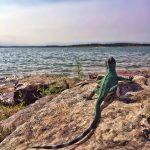Injured and sick wildlife are the reason Wildlife Rescue & Rehabilitation’s (WRR) 24-hour hotline exists.
The Kendalia rescue is the authoritative source for people in unincorporated Comal County who panic when they see an animal in need and don’t know where to turn or how to help.
Lynn Cuny, WRR founder and expert, hopes the public heeds this advice, too: As cooler temperatures approach, avoid trying to attract or ‘help’ wildlife by feeding them.
“The risks to wildlife outweigh the benefit you may believe you are providing,” she said.
Feeding wildlife encourages patterns of habituation and decreased caution around humans.
What seems like a compassionate act leads wild animals into neighborhoods where many of them are unwelcome and can directly lead to devastating illness and even death of the animal.
Take deer corn, for example.
“First, keep in mind there is no such food as ‘deer corn,’ Cuny said. “This name is a marketing ploy to convince buyers that this corn is beneficial for deer to eat. On the contrary, corn is low in protein, high in carbohydrates and therefore nutritionally substandard. In large quantities, its consumption can lead to debilitating hoof deformities and dangerous conditions such as acidosis and enterotoxemia.”
‘Lumpy jaw’ is another health issue deer develop from eating corn.
It’s characterized by swollen jaws or cheeks and necrotic lesions that make it difficult or impossible for deer to eat, leading to emaciation and death.
‘Deer corn’ may contain toxins from fungal contaminants, she said.
“Hundreds of thousands of animals have died or been sickened from eating contaminated corn,” Cuny said. “While regulations are in place to protect humans and domesticated animals from such toxins, food intended for wildlife bewilderingly does not have to meet the same safety standards, and corn with toxin levels above legal limits for farmed animals is sometimes cold for wildlife use.”
#dontfeedwildlife #wildliferescue #conservation #wildlifeconservation #leavethemalone, she said.
To learn more visit wildlife-rescue.org. The number for WRR’s 24-hour rescue hotline is 830-336-2725.




